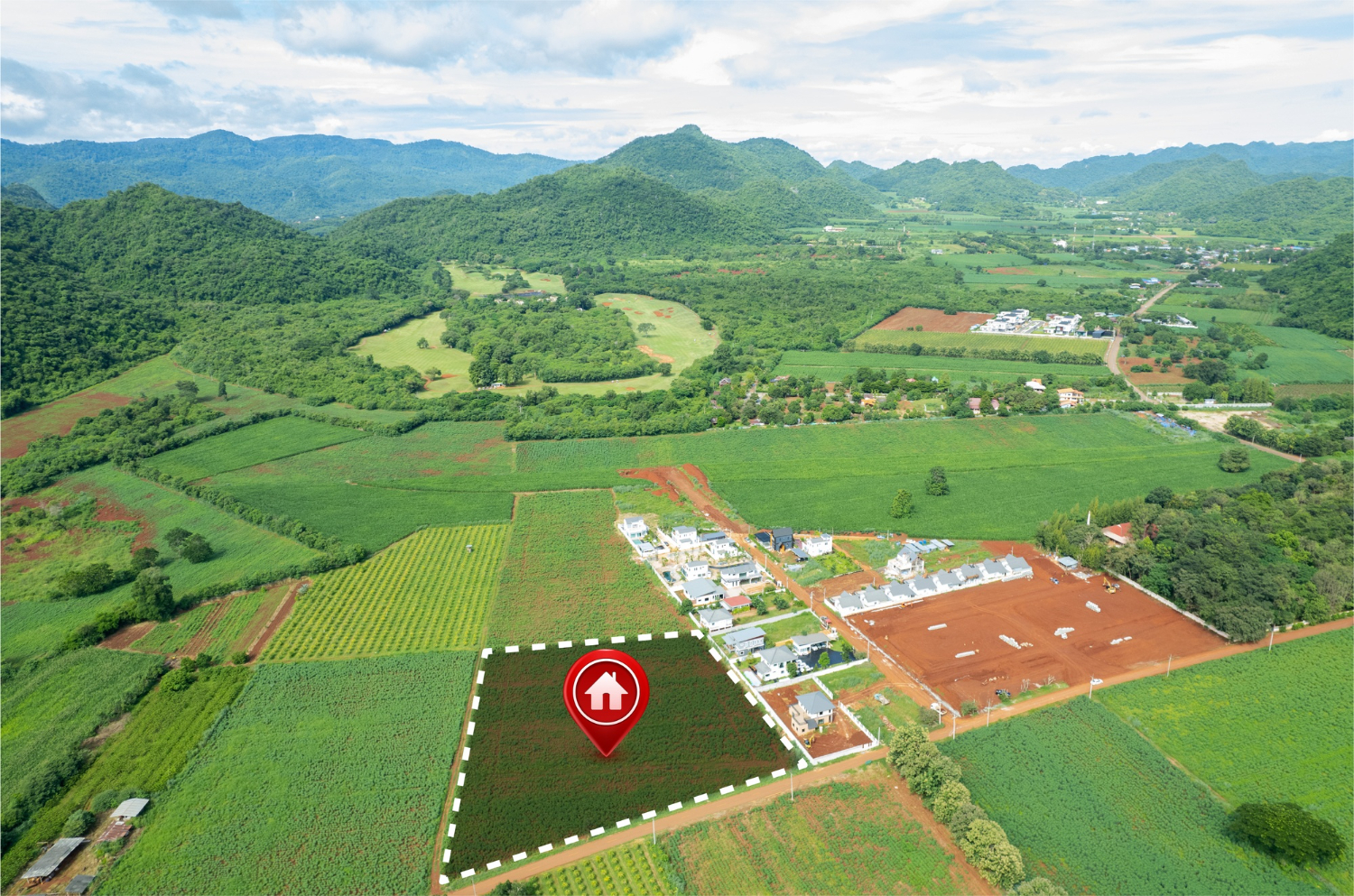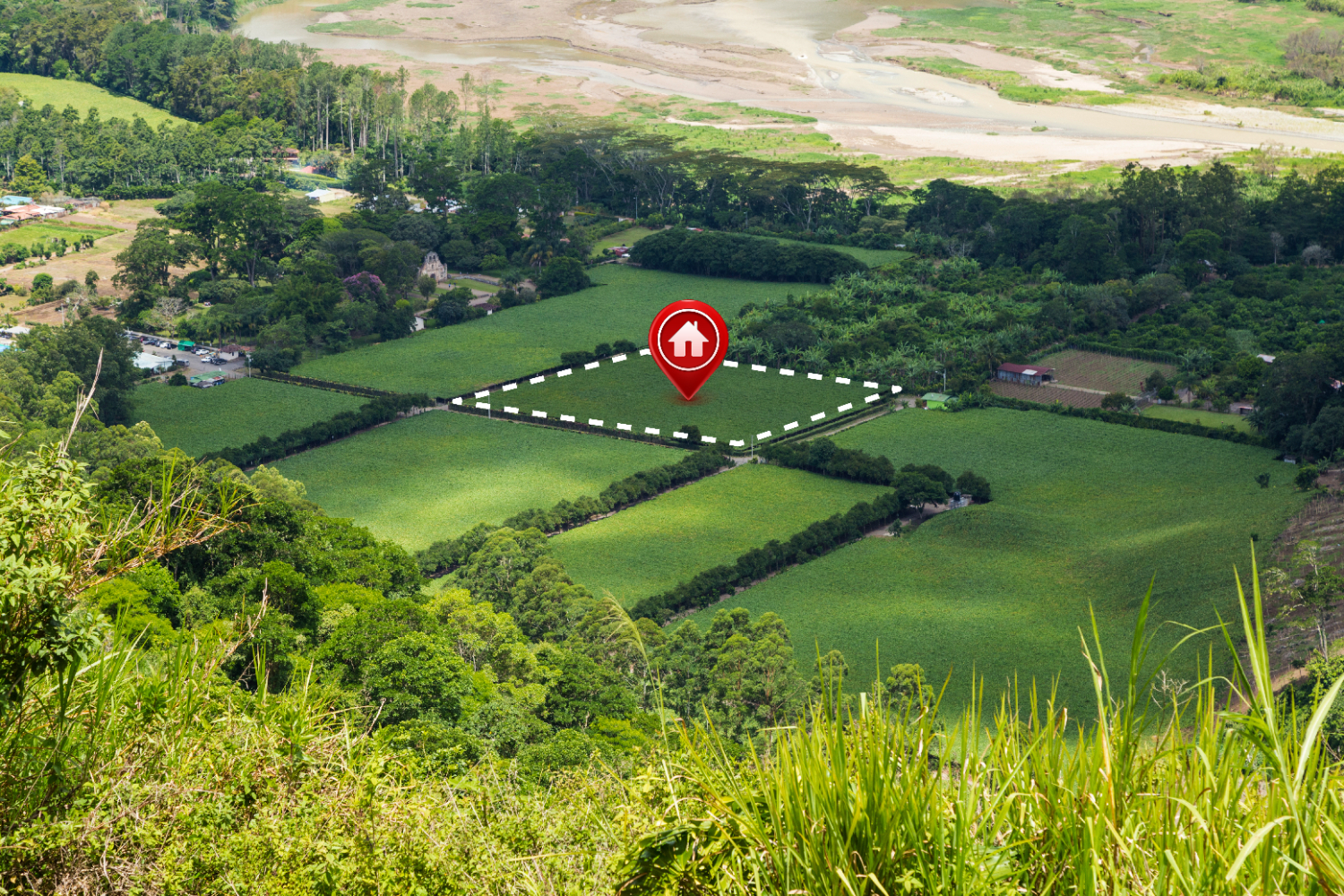As a landowner looking to sell your property in 2024, one of the most critical aspects of your journey is establishing and understanding its true worth. Accurate land valuation is essential to set an appropriate asking price, attract potential buyers, maximize your ROI, and pave your way to a successful sale. In this comprehensive guide by 7Land Corp, we’ll explore various land valuation methods, tools, and best practices, arming you with the knowledge to confidently assess your property’s worth and make strategic selling decisions.
Embark on your land valuation journey with confidence, leveraging the actionable tips and insights provided within this guide. By gaining a deeper understanding of your property’s worth, you’ll be well-equipped to maximize your land sale profits and enjoy the rewards of your hard-earned investment.
1. Sales Comparison Approach: Evaluating Comparable Properties
The sales comparison approach, also known as the market approach, is a popular and widely accepted valuation method. This technique involves analyzing the sale prices of comparable properties in the same or similar areas, taking into account factors such as location, size, land use, and improvements. Here’s how to implement the sales comparison approach:
- Identify Comparable Properties: Research recent sales of similar properties in your area or other locations with similar market conditions. It’s essential to consider not only property size but also use, zoning, and accessibility.
- Determine Key Factors: Take into account factors that can influence land value, such as location, improvements (such as structures or utilities), topography, and natural resources. Consider how these factors apply to your property and the comparables.
- Analyze the Data: Evaluate the sale prices of comparable properties and calculate the price per unit (e.g., per acre) to establish a baseline for your property’s value. Adjust for differences in features and conditions to achieve a more accurate valuation.
2. Income Capitalization Approach: Estimating Future Earnings Potential
The income capitalization approach is particularly useful for properties with income-generating potential, such as agricultural land or development sites. This method focuses on estimating the present value of future income that your property may produce. Follow these steps to apply the income capitalization approach:
- Estimate Future Income: Evaluate the potential income your land can generate through sources such as lease agreements, agricultural production, or natural resource extraction. Consider factors that may impact income, such as market demand, operating costs, and natural conditions.
- Determine a Capitalization Rate: Research industry standards and local trends to identify an appropriate capitalization rate for discounting future income. The capitalization rate represents the rate of return a buyer would expect from investing in a comparable property.
- Calculate the Present Value: Divide the estimated annual income by the capitalization rate to determine the present value of your property. This figure represents the potential worth of your land based on its future income potential.
3. Cost Approach: Considering Replacement and Reproduction Costs
The cost approach values land based on the cost of replacing or reproducing improvements that exist on your property, adjusted for depreciation. This method is primarily applicable to properties with significant improvements, such as buildings or infrastructure. Implement the cost approach through the following process:
- Determine Replacement or Reproduction Costs: Estimate the cost of replacing existing improvements using either the replacement cost method (identical) or the reproduction cost method (similar). Consider construction costs, material prices, labor rates, and other relevant factors.
- Calculate Depreciation: Account for both physical depreciation (wear and tear) and functional or economic obsolescence (age, design, or changing market conditions). These factors can affect the overall value of your property’s improvements.
- Establish Land Value: Determine the value of the underlying land, excluding improvements, using a similar method to the sales comparison approach. Finally, add the depreciated value of improvements to the land value to calculate the total property value.
4. Enlisting the Help of Professional Land Agents
While the aforementioned methods provide valuable guidance for performing land valuations, enlisting the expertise of a professional land agent can significantly streamline the process and offer a more accurate assessment. Expert land agents like the team at 7Land Corp can offer valuable benefits, including the following:
- In-Depth Market Knowledge: Experienced land agents have an in-depth understanding of local markets, trends, and factors affecting land valuation. They can guide you in selecting the most suitable valuation method for your property.
- Access to Advanced Tools and Technology: Professional land agents utilize advanced tools and technology to analyze data and generate accurate valuations based on real-time market conditions and comparable property analysis.
- Personalized Guidance and Support: With a dedicated land agent by your side, you’ll receive personalized guidance and support during the entire valuation process, ensuring a smoother experience and more reliable results.
Uncovering the True Worth of Your Land in 2024
A thorough understanding of land valuation methods is vital to successfully navigating the land sales market in 2024. By exploring these techniques and engaging the expertise of a professional land agent, you’ll be well-equipped to uncover your property’s true worth and maximize your profits.
Kickstart your journey of selling land online with confidence with the guidance of 7Land Corp’s experienced team of experts who use advanced tools and provide tailored support to assess your property’s value, overcome challenges, and seize opportunities in the 2024 online land sales market. Contact them today to start your land valuation journey.




